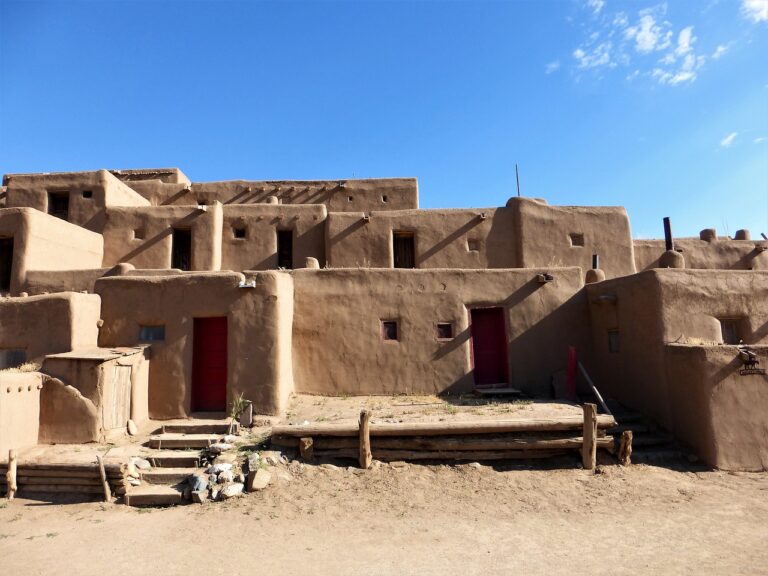Election Campaign Financing: Transparency vs. Dark Money
Money plays a significant role in shaping the political landscape, often determining the success or failure of political campaigns. From funding advertisements to organizing events, financial resources have a direct impact on candidates’ visibility and ability to connect with voters. This influence can sometimes lead to concerns about the power of wealth overshadowing the voices of the general public in the democratic process.
Candidates who are well-funded can have a competitive edge over their opponents, allowing them to reach a broader audience and convey their messages more effectively. As a result, there is a growing debate about the influence of money in politics and the potential consequences for democratic principles. Transparency and accountability in campaign financing are essential to maintain the integrity of the electoral system and ensure that all voices are heard, regardless of financial backing.
Challenges of Regulating Campaign Financing
Campaign financing has long been a contentious issue in politics, with debates raging over the influence of money on elections. The challenge of regulating campaign financing lies in finding a balance between allowing for free speech and preventing corruption and undue influence by wealthy donors.
Furthermore, the complexity of campaign finance laws and regulations adds another layer of difficulty to the process. Loopholes and grey areas in the rules allow for creative ways to bypass restrictions, making it challenging for regulatory bodies to effectively monitor and enforce compliance.
The Role of Super PACs in Elections
Super PACs have become a pivotal player in modern-day elections, wielding significant influence through their ability to raise and spend unlimited amounts of money to support or oppose political candidates. These independent expenditure-only committees have gained prominence for their ability to fund extensive advertising campaigns, operate without restrictions on funding sources, and play a substantial role in shaping the political landscape.
Critics argue that the rise of Super PACs has led to a distortion of the democratic process, as the influx of money from wealthy donors and corporations can potentially drown out the voices of ordinary citizens. Furthermore, the lack of transparency regarding the sources of funding for Super PACs raises concerns about accountability and the potential for undue influence on elected officials. Despite these criticisms, Super PACs continue to play a significant role in election campaigns, often shaping the narrative and outcomes of elections at various levels of government.
What is a Super PAC?
A Super PAC is a type of political action committee that can raise and spend unlimited amounts of money to advocate for or against political candidates.
How do Super PACs influence elections?
Super PACs can purchase advertising, conduct polling, and engage in other activities to support or oppose specific candidates. Their ability to raise and spend large sums of money gives them significant influence in elections.
Are Super PACs regulated?
Super PACs are subject to regulations that require them to disclose their donors and expenditures. However, they are still able to raise and spend unlimited amounts of money, which has raised concerns about the influence of money in politics.
Can individuals donate unlimited amounts of money to Super PACs?
While Super PACs can accept unlimited donations from individuals, corporations, and unions, they are required to disclose the identities of their donors to the Federal Election Commission.
What are some challenges of regulating campaign financing?
One of the main challenges of regulating campaign financing is the Supreme Court’s decisions in Citizens United v. FEC and other cases, which have expanded the rights of corporations and unions to spend money in elections. This has made it difficult to limit the influence of money in politics.







